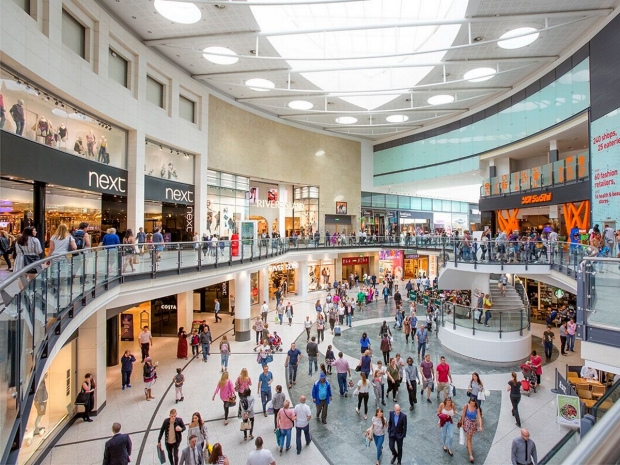In a wide-ranging survey of UK consumers*, LambdaTest reports that online spending surged in the twelve months since the start of the first COVID-19 lock-down. Still, any suggestion that the pandemic has transformed the way consumers will shop forever is based on hope rather than fact.
While there has been a 233 percent surge in the number of people using the internet to do most of their shopping over the twelve months, up 33 percent to 77 percent. In the same period, the average monthly online spend has surged 198 percent. This time last year, the Brits were spending £384 shopping online per month, excluding household bills and mortgage/rent payments. This amount doubled to £761 per month over the last year.
Asad Khan, LambdaTest co-founder and CEO said: "Retailers with an online presence have been riding an incredible wave over the last year. They've overcome some enormous challenges to make their online presences as great as possible in extraordinary, tough circumstances."
However, these sharp increases are unlikely to be maintained post-pandemic, signalling that the COVID-19 effect on online shopping is more temporary than first thought. Data from the survey shows that brands need to plan for a significant drop-off in online spending once the pandemic is over.
While 70 percent of people whose monthly online spending has increased in the last year put it down to COVID-19, 68 percent say they'll spend less online after the pandemic passes.
Khan added: "The challenge for online retailers is about to get even greater. If they're going to hold onto their customers over the long term when competition from in-store shopping returns, retailers need to invest in their online user experience and deliver a consistently incredible online service. The retailers that will flourish are those that monitor and adapt their web presence quickly and efficiently. Consumers are fickle and flooded with choice. Poor websites will drive customers away, and they don't come back."
More than half of respondents said that a poor online shopping experience would stop them from using that website again in the future. The most significant pain point for 63 percent of online shoppers is not speaking to customer service representatives.
Khan concluded: "A common mistake made by retailers that build online shopping portals is to think that consumers treat online and in-store shopping the same. Our data shows this isn't the case among two-thirds of consumers - 67 percent. The best retailers won't treat their online offer as a basic extension of what's available in-store. Instead, they will create the best possible online shopping experience that consumers want to return to time after time."
Only half of the respondents (55 percent) consider themselves to be as or more loyal to brands they admire when shopping online instead of in-store. Two thirds (65 percent) will shop around for the best prices online, with more than half (54 percent) saying they'll visit four or more sites to find the best deal.



